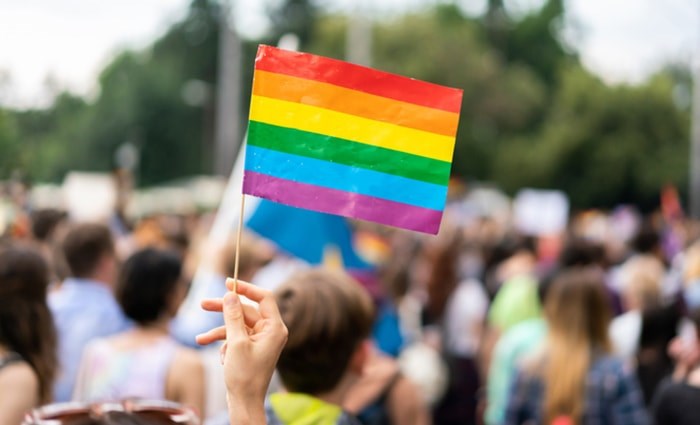Earlier this year, the federal government was compelled to look into an issue that has affected Canada’s lesbian, gay, bisexual, trans, gender diverse, queer and Two-Spirit (LGBTQ2+) community for a long time: the ill-named and widely-debunked “conversion therapy.”
 Research Co. asked Canadians about "conversion therapy", and the results show a public that is mostly skeptical about the justification for it. Photo: Istock
Research Co. asked Canadians about "conversion therapy", and the results show a public that is mostly skeptical about the justification for it. Photo: Istock
The self-styled practice suggests that, through psychological or spiritual intervention, individuals who identify themselves as LGBTQ2+ can be “converted” into heterosexuals. The techniques used in “conversion therapy” have been lambasted by several bodies, including the World Health Organization, the Canadian Psychological Association and the American Psychiatric Association.
In Canada, legislative action on “conversion therapy” has already arrived in three provinces and two municipalities. Manitoba effectively forbade health professionals from offering “conversion therapy” and Ontario and Nova Scotia banned its use on minors.
In Vancouver, City Council voted in 2018 to prohibit businesses and religious groups from providing “conversion therapy.” A similar ban was recently enacted in St. Albert, Alberta. In British Columbia, a bill—introduced by the BC Green Party two months ago—seeks to establish a province-wide ban on “conversion therapy.”
At the federal level, a petition with more than 18,000 signatures was presented in the House of Commons earlier this year, calling for a nationwide ban on “conversion therapy.” The federal government movingly referred to the practice as “immoral and painful” but—as is commonly the case when the worlds of policy and health care collide— Ottawa punted to the provinces.
Research Co. asked Canadians about this matter, and the results show a public that is mostly skeptical about the justification for “conversion therapy” and welcoming of an outright prohibition.
Across the country, only 25% of Canadians believe that it is possible for individuals who identify themselves as LGBTQ2+ to be “converted” into heterosexuals through psychological or spiritual intervention. Quebec has the highest proportion of residents who are inclined to declare “conversion therapy” as feasible (29%).
When asked whether “conversion therapy” should be banned in Canada, almost three-in-five Canadians (58%) believe that a prohibition is definitely or probably warranted. This is a view espoused by 65% of British Columbians, 62% of women and 61% of Canadians aged 18-to-34.
In June, it was revealed that the federal government may seek to ban “conversion therapy,” not with ad-hoc legislation, but through a modification in the Criminal Code that would effectively block the practice.
If the Liberal Party decides to act on this matter before the federal election, it would not be risking a drawback with its base or other progressive voters. Two thirds of Canadians who voted for the governing party in 2015 (65%) and a similar proportion of those who cast a ballot for the New Democratic Party (NDP) in that election (63%), agree with forbidding “conversion therapy.”
Conservative Party voters are more divided, with 43% endorsing a ban on “conversion therapy,” 29% disagreeing and 28% having no opinion—a significantly high number when compared with the level of “undecideds” at the national level (19%).
A separate question looked into the issue of establishing policies for the use of public bathrooms by transgender Canadians. A majority of Canadians (52%) believe transgender Canadians should be allowed to use the public bathroom of their choice, while one third (33%) think they should use the public bathroom based on biological sex.
On this issue, Conservatives are once again more preoccupied, with 52% calling for transgender Canadians to use public bathrooms based on biological sex. In stark contrast, only 26% of New Democrat and 23% of Liberal voters share this view.
Results are based on an online study conducted from July 15 to July 17, 2019, among 1,000 adults in Canada. The data has been statistically weighted according to Canadian census figures for age, gender and region in Canada. The margin of error—which measures sample variability—is +/- 3.1 percentage points, nineteen times out of twenty.



